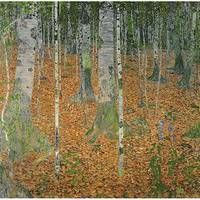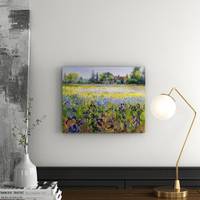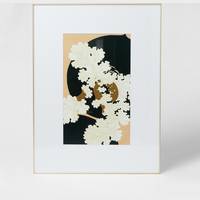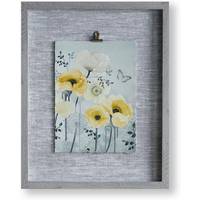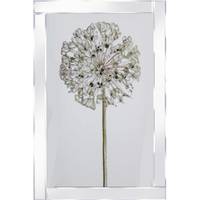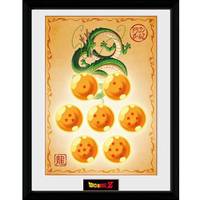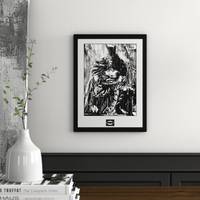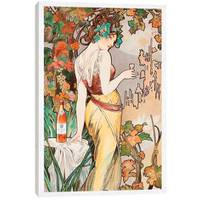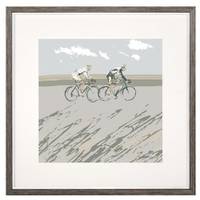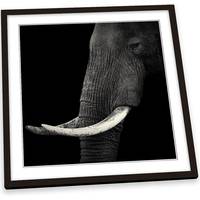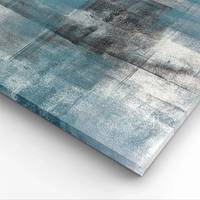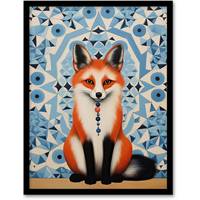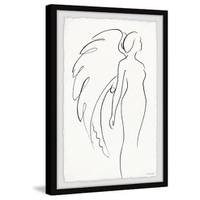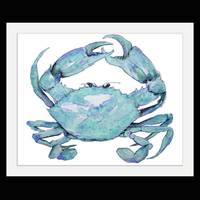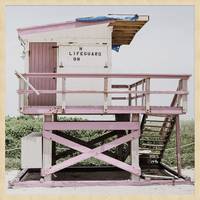Tate Robert Bevan 'Morning over the Ploughed Fields' Wood Framed Print & Mount
Price Tracked On This Product
Highest price was seen £125.00 on 04 Sep 2023
Lowest price was seen £100.00 on 10 Nov 2023
Average price is £104.88 base on 3 price changes
Most recent price is £125.00
[[{"meta":"04 Sep 2023","value":125},{"meta":"10 Nov 2023","value":100},{"meta":"01 Dec 2023","value":125}]]
Description
A framed reproduction print of 'Morning over the Ploughed Fields', c.1904, by Robert Bevan, from the Tate collection. Made in the UK exclusively for John Lewis. The black frame is made of FSC-certified solid ayous wood, sourced from sustainably managed forests. Framed with a card mount and glass front, it arrives ready to hang on your wall. Robert Polhill Bevan (1865-1925) resisted following his father and elder brothers into banking and instead studied art at the Westminster School of Art. Although his upbringing was quintessentially English, Bevan formed important links with the continental avant-garde from early on in his artistic career. Philip Hendy (later Director of the National Gallery) claimed that Bevan was the first Englishman to use pure colour in the twentieth century and was the 'real pioneer' of the modern English school. After time spent abroad in France and Poland, he moved to back to England and then to London with his family around 1900, yet he still drew inspiration for subjects for painting from the countryside. He worked largely in isolation but this all changed when in 1908 he was drawn into the artistic scene in the capital and was invited to join Walter Sickert's Fitzroy Street circle where he became a regular visitor. He brought first-hand knowledge of modern French art to the group, having been one of the few Englishmen to have personally known and worked with Gauguin. In 1910 Bevan exhibited for the first time at the New English Art Club and in the following years was heavily involved in the formation and exhibitions of the Camden Town Group. His involvement with Sickert's circle began to be reflected in observations of everyday life from the Swiss Cottage area in London where he lived. It was possibly Sickert who advised Bevan to exploit his love of horses in his work and it is these paintings of working horses in the cab and sale yards of Edwardian London for which Bevan is best remembered. Have you thought about wall hooks and fittings?
You may also like
loading
Discover more









































